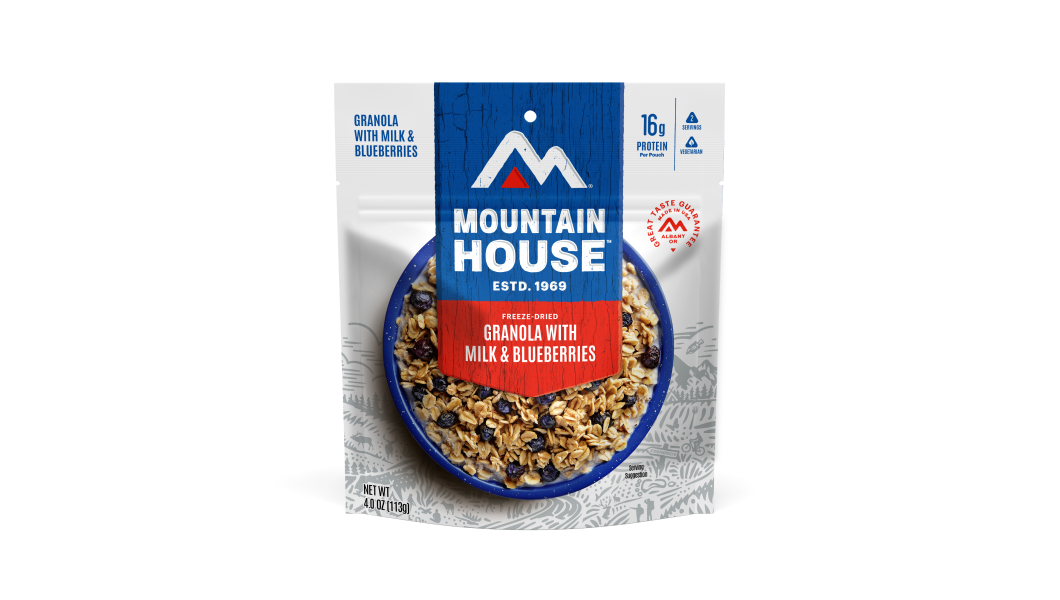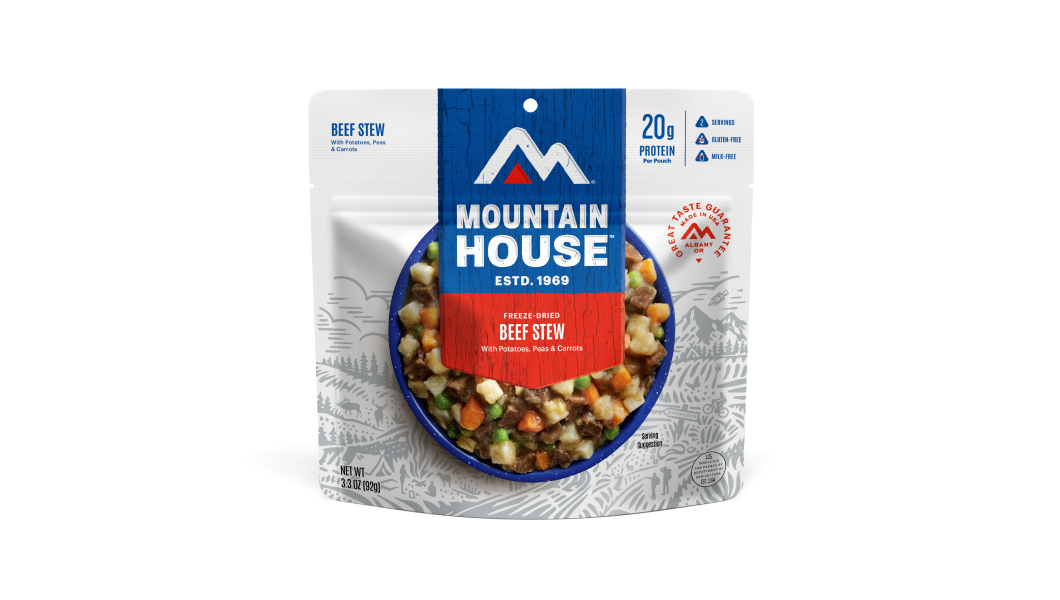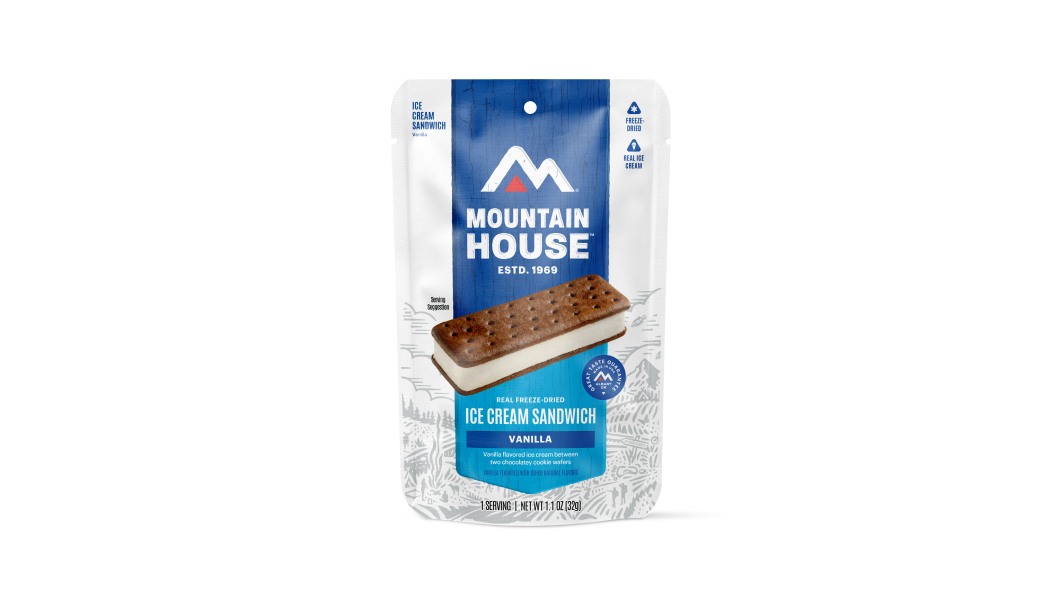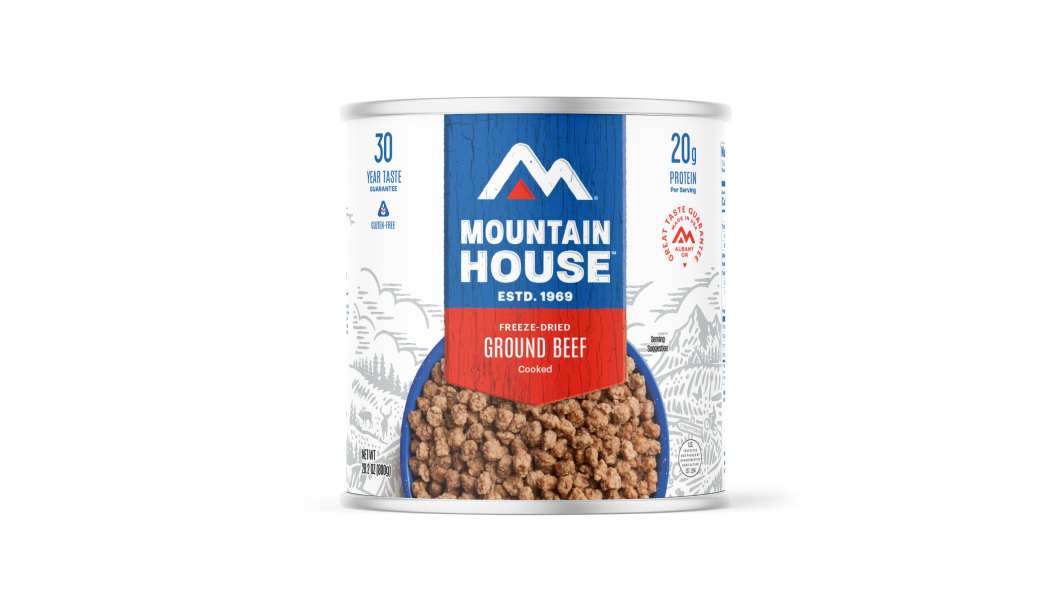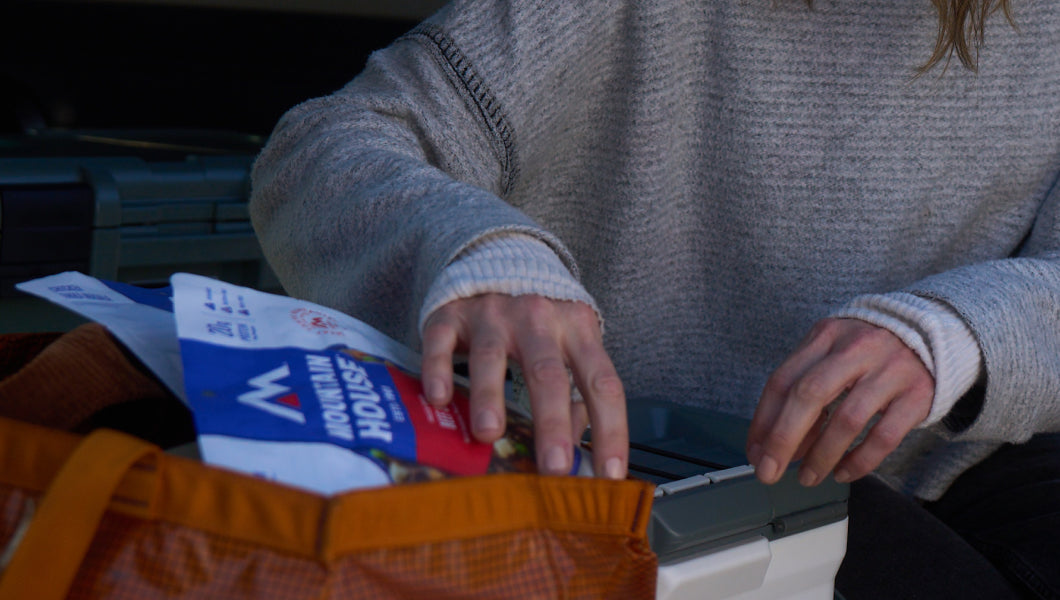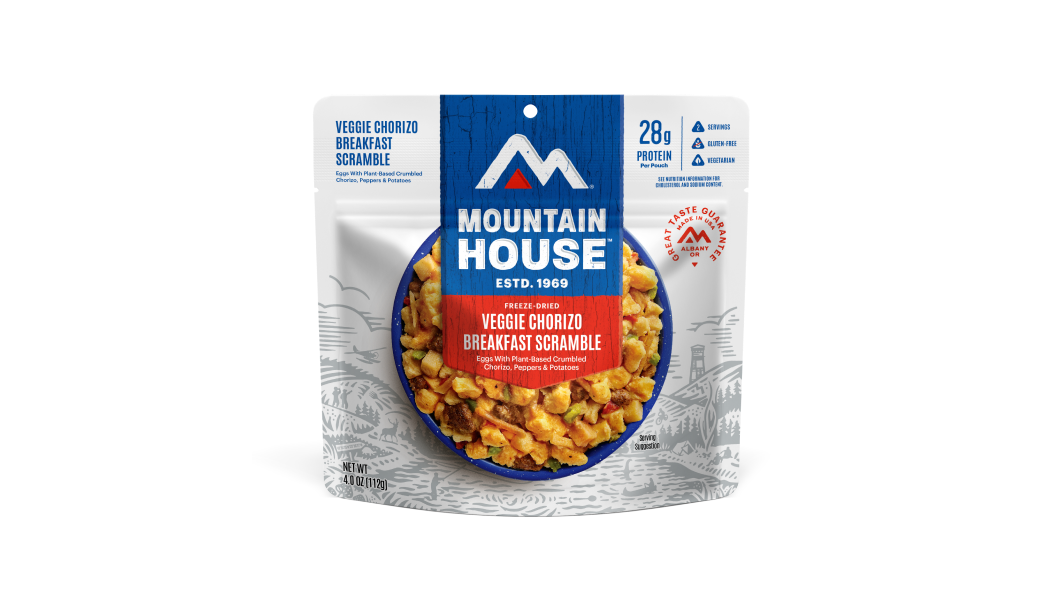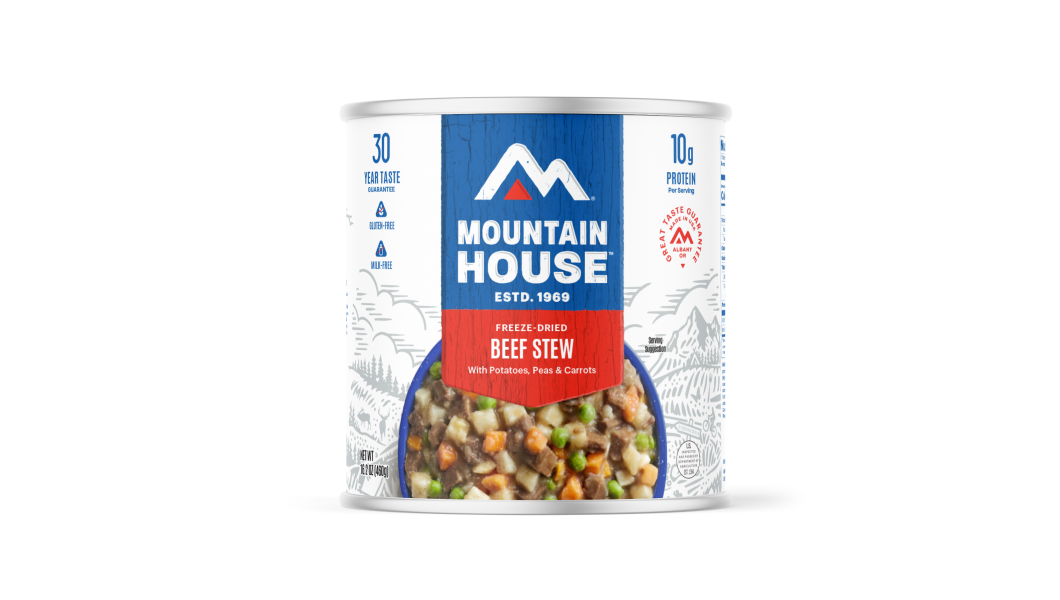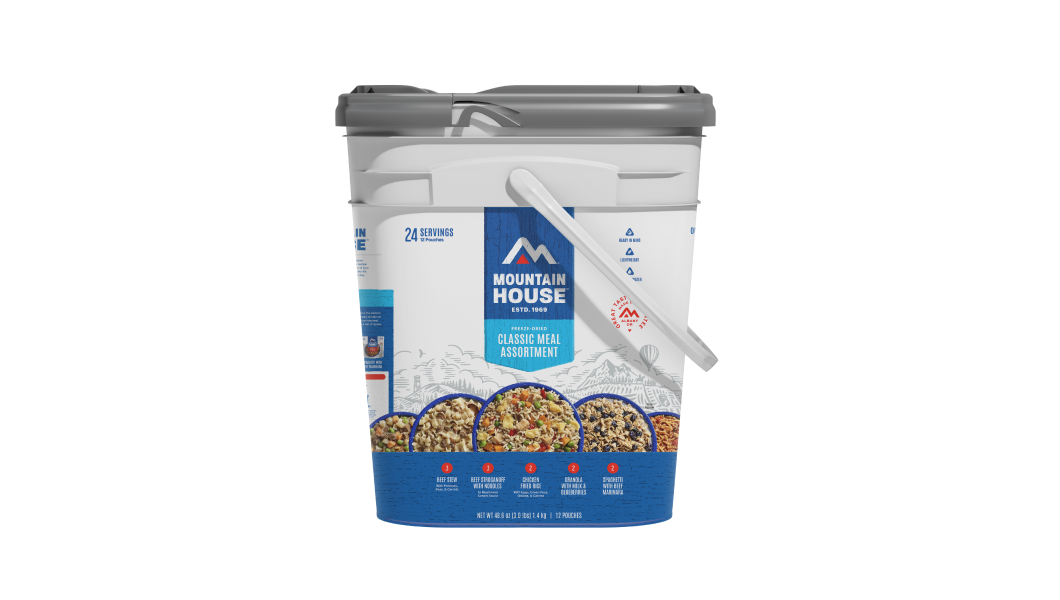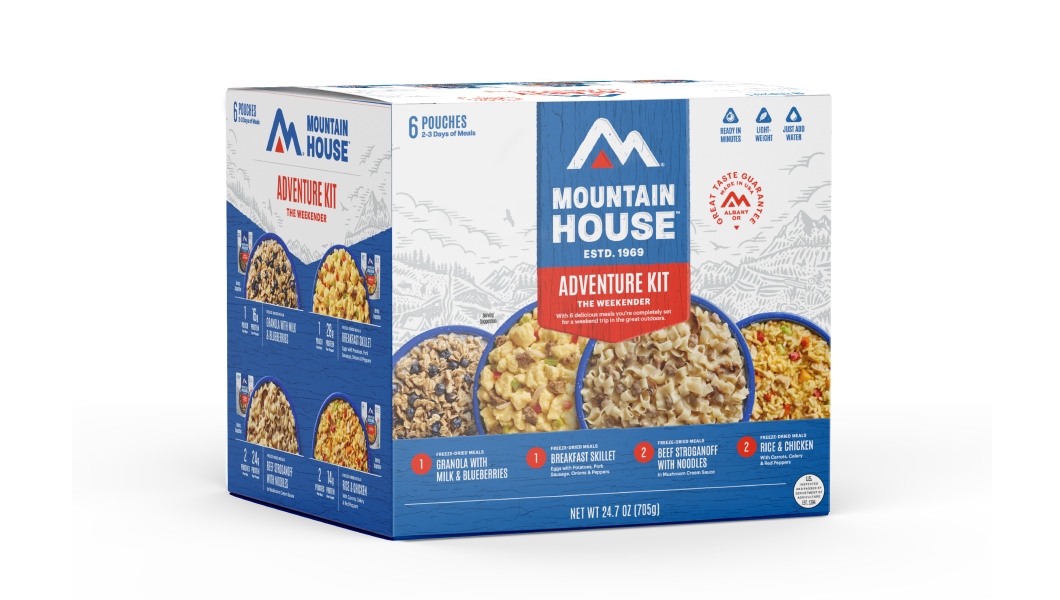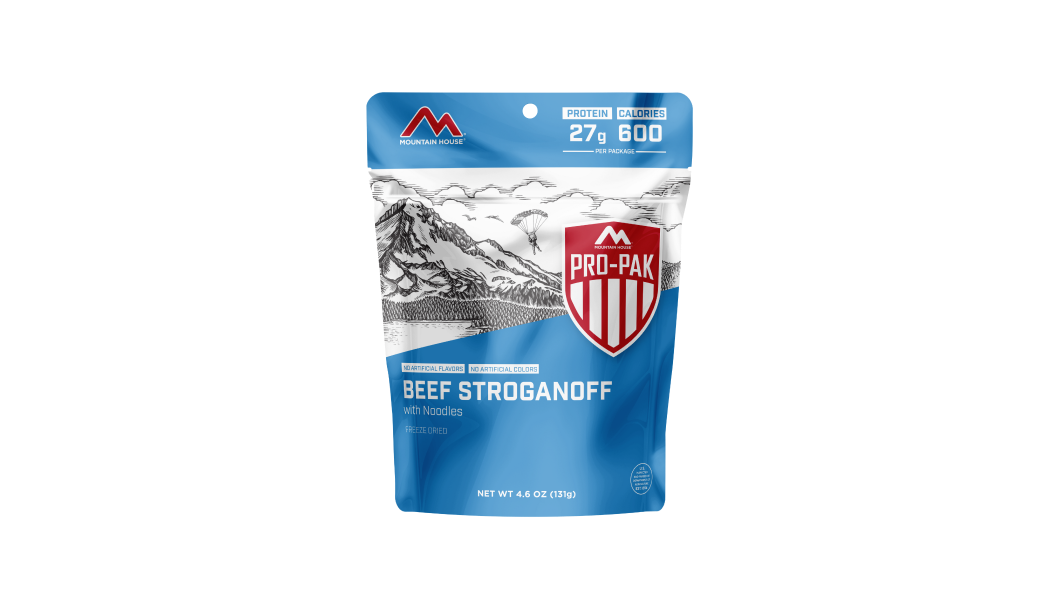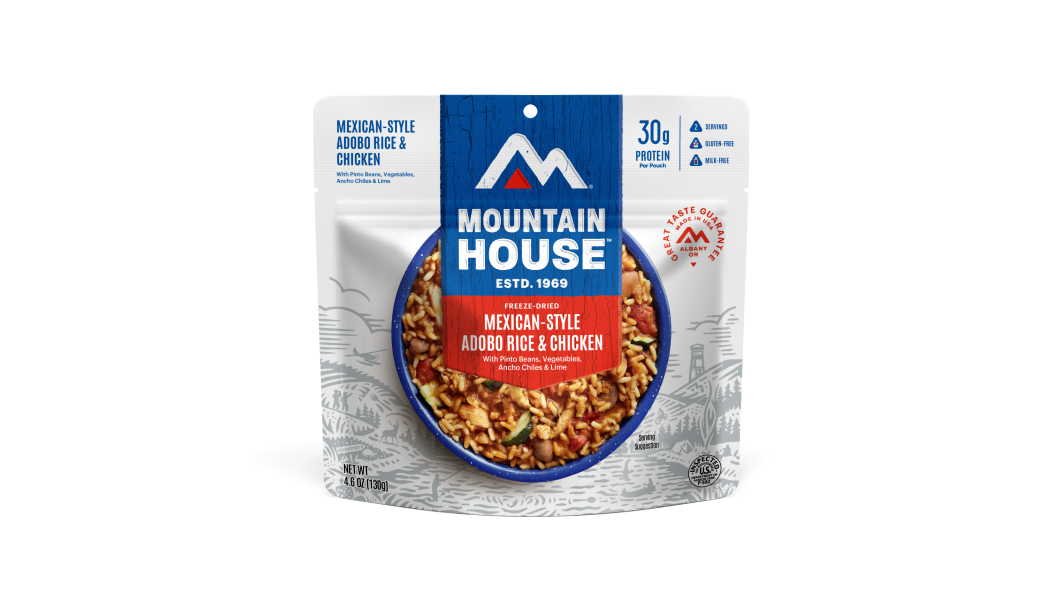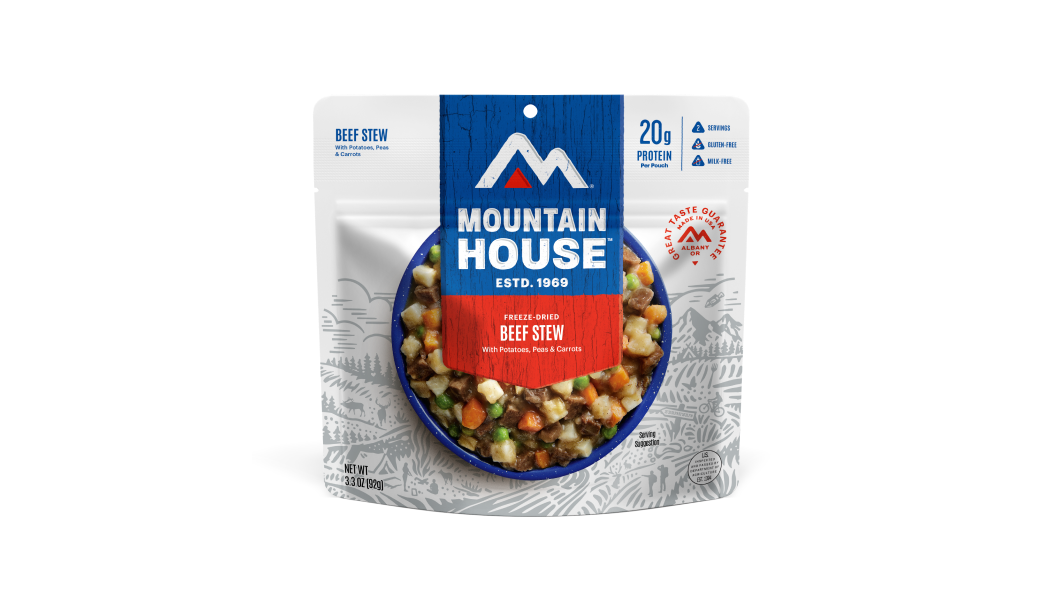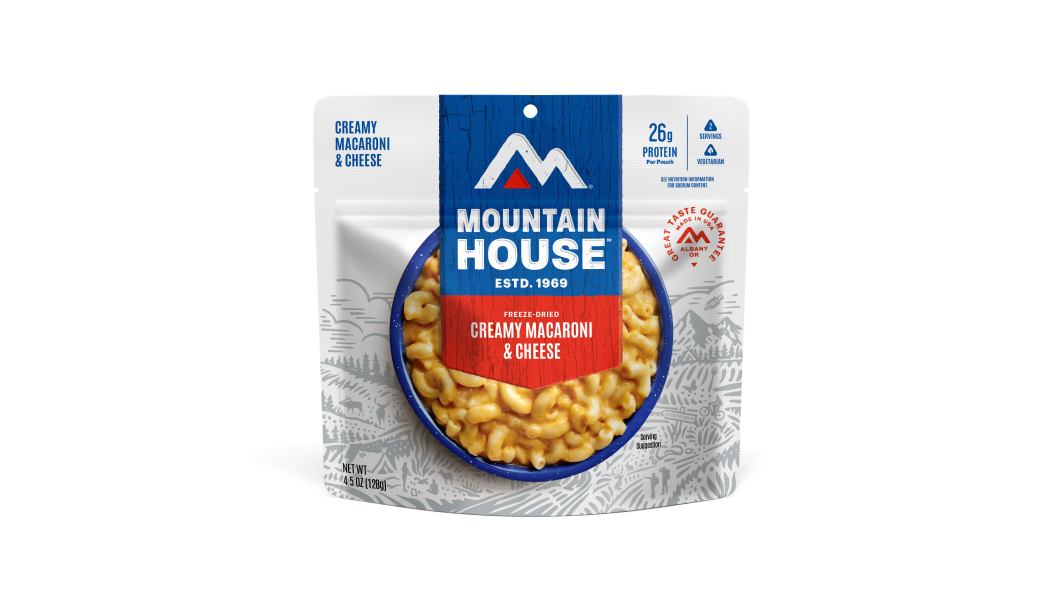Inspired for an Adventure? Check out Beef Stroganoff - Pouch and Beef Stew - Pouch
Add description, images, menus and links to your mega menu
A column with no settings can be used as a spacer
Link to your collections, sales and even external links
Add up to five columns
Add description, images, menus and links to your mega menu
A column with no settings can be used as a spacer
Link to your collections, sales and even external links
Add up to five columns


Exploring the underground world of caves and caverns—called spelunking, caving, or sometimes potholing—is one of the more unique corridors of outdoor recreation and definitely not something that appeals to everybody. (Claustrophobic types often steer clear, which is not to say there aren’t plenty of roomy, airy cave systems such individuals can happily wander.)
It can also be an especially intimidating activity to try out, given how strange and unfamiliar (and dark!) the subterranean environment is compared with our everyday topside experience.
But the chance to explore some of the least-known, most remote, and most pristine places on our planet—places that, mind you, are often defined by breathtaking beauty—is quite something, and giving caving a go may introduce you to a lifetime of underground adventure.
Two pillars of responsible caving are (1) safety and (2) low-impact, environmentally sensitive protocol. This beginner's caving guide will cover both topics in detail.

Getting Started With Caving
There are two key things to remember if you’re wondering about trying out spelunking. First, there’s a welcoming cave for just about any beginner enthusiast—this is a very easy activity to try out safely. Second, you want to do that trying-out with an experienced caver. Let’s dig a little deeper!
Knowledge & Training
Caving presents challenges that can be especially difficult—and often straight-up dangerous—for beginners. Common hazards in spelunking include the risk of falling, being struck by falling rock, or injuring yourself against ceilings, walls, floor protrusions, and the rockfall jumbles called breakdowns; becoming stuck in tight passages; developing hypothermia in the cool (sometimes cold), damp cave environment; getting lost; and losing your source of light.
Fortunately, these spelunking dangers can be minimized through careful preparation, proper equipment, and clear-headed, safety-focused actions.
The best way to get started caving is by joining a guided tour—at, for example, a commercial cave or a public cave in a national park or similar destination—or signing on for a trip with local caving clubs and organizations. The National Speleological Society has more than 200 local chapters (known as Grottos) around the United States, and these are excellent sources of knowledge and caving opportunities to take advantage of.
There are many general skills you can learn to become a better caver, from administering first aid to learning how to read and navigate with a cave/survey map. And if you intend to graduate to the more difficult level of traversing vertical caves, there are technical climbing skills and specialized equipment to master.
But what you also want to learn if you intend to get into spelunking is simply the layout and vibe of a particular cave, which speaks to the importance of only entering a cave with somebody who’s personally familiar with it.
Basic Caving Equipment
The following is a list of common gear and clothing for standard spelunking. As mentioned, some caves require more specialized equipment to safely explore.
-
Climbing/caving helmet or hard hat with chinstrap
-
Headlamps/lights mountable to helmet: Each caver should carry three such light sources (LED is best) so you have backups for your primary light.
-
Plenty of extra batteries for your sources of light
-
Durable gloves with good grip
-
Knee pads & elbow pads
-
Clothing: Layers (abrasion-resistant, quick-drying synthetic fabrics are best) suitable for cool, damp conditions
-
Plastic garbage/yard-debris bag (can be worn with a hole made for your head or face when facing cold and wet conditions)
-
Footwear: Sturdy, non-slip boots with adequate ankle support and non-marking soles
-
Markers for navigation (must be taken out with you as you exit)
-
First-aid kit
-
Extra food (lightweight easy-to-pack meals) & drinking water
-
Plastic bottle with a tight-sealing lid/cap for liquid waste
-
Container/bag for solid waste
-
Small, lightweight, durable backpack for holding gear/supplies (ideally stowed in waterproof containers within)
Finding Beginner-Friendly Caves
Easily accessible touring or show caves are good options for easing into the activity. Taking a guided ranger caving tour at a national park is a great way to dip your toes in the water. And, again, your local Grotto/caving chapter will be able to link you to trips to beginner-friendly caves. Guidebooks and online forums are also useful resources, but, again, you’ll still want to explore sites with an experienced caver who’s been to that cave before.
You can stick to short, low-complexity cave systems with straightforward routes and simple passages and still get plenty of pleasure and adventure out of the deal. And such starter spelunking provides a foundation if you do end up getting the bug and want to explore more remote and challenging “wild caves.”
Cave Safety
Safety is, of course, the number-one concern on any caving adventure. If you experience an emergency on your trip—and situations that on the surface might be minor inconveniences can be life-threatening emergencies underground—it can be a difficult and dangerous undertaking for rescuers, and one that may involve damage to the sensitive cave environment. This points up your responsibility as a spelunker to do everything possible to cave safely at all times—and to know your limits so you don’t go beyond them.
Preparation
Absolutely paramount to any caving trip is the establishment of your “surface watch” or “top cover.” This is a person not on the trip designated to be your group’s emergency contact: somebody who knows all the details of your excursion, who’s along, the vehicles used and where they’re parked, the location of the cave, your intended route, and how long you intend to be gone. Agree upon a time you expect to be back at the surface to call your top cover and a later time when they should notify emergency authorities to initiate search-and-rescue if they haven’t heard from you.
Study maps, photos, and descriptions of the route you’ll be doing ahead of time so you can mentally prepare, know what to expect, and imagine contingencies and how you’ll respond to them.
Pay attention to the weather forecast leading up to your trip: In some caves, heavy rainfall or runoff may result in partially or fully water-filled passages.
Never Cave Alone!
Never cave alone: Words to live by as a potholer. The ideal group size for caving is between four and six people, one or ideally more of whom are familiar with the particular cave. If you have a group much larger than six, it’s often best to split it into two parties, as an overly large single group can be complicated to manage and slow to travel.
Speaking of, the slowest person in your group should set the pace. Be honest about your abilities, your moment-by-moment physical state, and any discomforts or anxieties you’re having: The whole caving party should be receptive and responsive to these. If somebody’s exhausted or uncomfortably cold, it’s time to either rest and attend to that individual or to turn around. A teamwork mindset is essential in spelunking.
Many caving groups will assign specific roles to individuals: navigator, lookout, timekeeper, etc. This is a good way to cover all your collective bases and maximize awareness and safety.
Navigating
Your caving group should collectively note how it’s navigating as the exploration proceeds, remarking on passageway splits, notable features, and other signposts that can help you retrace your steps. Regularly look behind you as you proceed, as cave passages can look remarkably different in the outbound vs. inbound direction.
Dealing With Hazardous Terrain
From uneven floors, slippery spots, and sudden drops to rugged breakdowns and low-hanging ceilings, stay alert and attentive to hazards along the way at all times. When traversing non-level passages, try to maintain three points of contact: three stable anchor points of your body, from hands and elbows to knees and rumps, firmly supported at all times.
Caving Accidents & Emergency Procedures
All members of your caving group should ideally be well-versed in administering first aid and lifesaving basics. (This is a wilderness environment, after all.) If somebody gets hurt, make a careful assessment to find out whether they’re able to be safely moved (sometimes transporting them out of the cave yourselves is the best course of action), or if their condition—a spinal injury, for example—means they should be kept put for the time being.
If help needs to be sought, the advantages of a four-person minimum caving group become clear. One individual can stay behind to tend to the injured person while two others head for the surface with detailed information on the situation and the route to convey to emergency personnel. Make sure the surface-bound members of the group have keys to the vehicles!
Caving Responsibility & Minimizing Environmental Impact
Caves are some of the least-trammeled, and yet most fragile, environments on our planet. The spectacular, sometimes sublimely beautiful rock formations and mineralized deposits—speleothems such as stalagmites, stalactites, flowstone, and draperies—which are top-draw attractions in cave environments take thousands of years to develop, and one careless action on the part of a spelunker can mar or completely destroy them. Even the natural skin oils of your hand can do damage (another reason to wear gloves—and to avoid touching cave features).
And the unique cave ecosystems, populated by organisms that in some cases spend their entire lives underground and may be limited to a single region or even an individual cave system, are incredibly sensitive to disturbance. So are the archaeological items found in some cave networks.
Follow the caver’s motto: Take nothing but pictures, leave nothing but footprints, kill nothing but time.
Avoid Disturbing Cave Wildlife & Ecosystems
Watch where you place every handhold and footfall to avoid harming cave life (and fragile cave formations). Give wildlife plenty of space: Disturbing hibernating bats, for example, can doom them to death. (Some caves may be seasonally closed to protect such fauna.)
Wash your caving clothes and gear between trips to avoid spreading bacteria, fungi, seeds, and other potential contamination between caves.
Stay on Established Trails & Don’t Damage Speleothems
Avoid touching or knocking into cave formations. This requires careful and attentive movements at all times.
Pack It In, Pack It Out
Just as you do when recreating in above-ground wilderness, pack out all trash, human waste, gear, and markers on your caving trip. And do the same for any litter you find along the way.
Follow Local Rules & Practice Caving Etiquette
Only explore caves open to the public or which you’ve been given permission to enter. Adhere to seasonal or temporary closures. If caving on private land (with permission), travel respectfully to the caving site along an agreed-upon route, leave any gates as you find them, and otherwise practice common-sense etiquette.
Caving Discretion
Don’t publicize the locations of wild or otherwise sensitive cave systems.
True Life Story: A Responsible Caving Experience
The next portion of this article is written by John Waller, the founder of Uncage the Soul Productions, a Portland-based video production company renowned for genuine heart, stunning visual art, and a unique way of capturing the wonder that is around us and compelling the wonder that is within us.
With a heavy clunk, Phyllis removes a metal bar that gates a cave entrance in the Guadalupe Mountains of New Mexico. It’s a small entrance, with an upward grade and not much room to spare when a body wiggles through. At the age of 77, Phyllis Bonneau is an unlikely character to push forward into this dark hole. With a few grunts and the sound of knee and elbow pads grating across limestone, she emerges through the hole: A cave system, miles in length, sprawls before us in the blackness.

I’m with my buddies Scott, Liam, and Bryce on a week-long, wild caves adventure. The four of us have been caving together for over a decade, and Scott has 30 years of experience exploring and working in caves around the world. But to gain access to this particular cave, we need more than a key to the gate. We need Phyllis. Phyllis is a volunteer approved by the US Forest Service to lead cave trips in this area, a requirement to assure the safety of cavers and the protection of incredibly fragile cave ecosystems.

Phyllis is all smiles.
We crawl through a dusty passage dragging our loaded bags, our lights bounce across textured walls and hanging daggers of rock. Mystery lurks in dark pockets and obscure chasms. It’s tiring to scramble and lug our heavy gear through the first several hundred feet, so we take a break. “I'll tell you a story now that we’re past the entrance”, says Phyllis. “Once when I crawled through that gate I was met with a hissing and rattling sound, and I see right in front of my face a huge bullsnake!” We laugh, relieved that hasn’t been our experience.
Phyllis was 53 when she discovered an interest in caves. She was gifted a ticket to a wild cave tour at Carlsbad Caverns. Her kids had left the nest, and she was eager to try something new. The sport and sensation of exploring underground wilderness appealed to her and she jumped into this new caving hobby with passionate enthusiasm. It didn’t hurt that her home is in New Mexico where there is a concentration of hundreds of huge and highly decorated limestone caverns embedded in the rugged Guadalupe Mountains. Hundreds of thousands of years in the making across mind-spinning geologic chapters, the caves of this region are renowned for their incredible calcite formations, which challenge our best understanding of how rock can take shape.

These caves have seen a lot of visitors crawl through them over the past 100 years. Most cavers come with good intentions of minimizing their environmental impact through proper practices. Unfortunately, a handful of people have been less well-intentioned, and very destructive. The combined human traffic has left a heavy impression on these caves: Mud from feet, hands and clothing cover cave walls, broken stalactites and stalagmites lay scattered on the ground, and delicate calcite formations have been crushed under passing feet and bodies. Phyllis has more than good intentions, she's actively working to repair the damage.

Phyllis flags protected areas where they will not step
She hoists up a harness around her waist and checks the double-backed straps and carabiner locks. To access an area of restoration work, we need to rappel down a 90 foot pit. We will also have to ascend our way up and out of it on the same rope. It’s an intimidating prospect for us middle-aged, reasonably-fit guys, but with full confidence and a bright smile Phyllis weaves the rope through her rappel rack and lowers herself confidently into the black abyss.

Phyllis volunteers with the High Guads Restoration Project, an initiative with the National Speleological Society to monitor, restore, and create designated travel routes in these caves. That means gently washing and brushing dirt and footprints from formations, marking routes with flagging, and if possible, physically reconnecting broken formations. There is little water in the cave and existing pools are delicate, so volunteers haul in dozens of 2-liter bottles of clean water two miles to the cave entrance, through the tight crawls, and down the vertical drop. It’s physically exhausting and tedious work, the results of which are only seen by a handful of people a year who visit this part of the cave.

A great use for reused 2-liter bottles: Clean water supplies!
We’ve been underground for a few hours now and stop to rest. Our packs contain everything we’d need to survive several days in case of an emergency, including extra lights and batteries, food, water, clothing layers, and our climbing gear. We’re also prepared to pack out absolutely everything we bring, including our own human waste. That’s what environmentally responsible caving looks like.
Phyllis pulls out a can of cold raviolis for a snack and looks on skeptically as we unfold a tarp and prepare to boil water for some Mountain House meals. She’s into a piece of jerky by the time we pass around a warm pouch of Mountain House and offer her a steamy bite. Freeze-dried meals are a strange and new concept for Phyllis, but she takes a bite and her eyes light up with delight. “Oh, this is GOOD!” she exclaims with surprise, and we all laugh as she digs into the pouch on the second pass around. Caving is generally a pretty uncomfortable activity, and simple comforts like a hot meal hold great reverence in the dark and the dirt. I bet Phyllis looks at those cans of ravioli with a bit more reluctance from here out.

The science of freeze-dried food to Phyllis and she looks on, excited.

That first-bite face! Phyllis is a new fan for sure!
There are few frontiers left on Earth which are untrammeled by humans, but caves are largely still one of them. And while surface landscapes are subject to daily forces of change and erosion and have become relatively resilient, caves are static environments, and one misstep or act of negligence can undo ten thousand years of geologic art. Phyllis cares intensely about these places. Not just because caves have become a recreational playground in her retirement years, but because she wants others to experience them in their most pristine and exquisite form. In her midlife, she rediscovered a sense of wonder from cave exploration, and she’s working hard to protect and renew these profound geologic treasure troves so that those following in her gentle footprints will have the same opportunity.

Be a Safe, Responsible Caver While Exploring Underground
Cavers who properly prepare and equip themselves and who prioritize safety, environmental sensitivity, and etiquette can appreciate the one-of-a-kind marvels of these subterranean realms while protecting them and themselves. Mountain House is the perfect companion for a caving adventure: Shop our collection of delicious freeze-dried meals today!
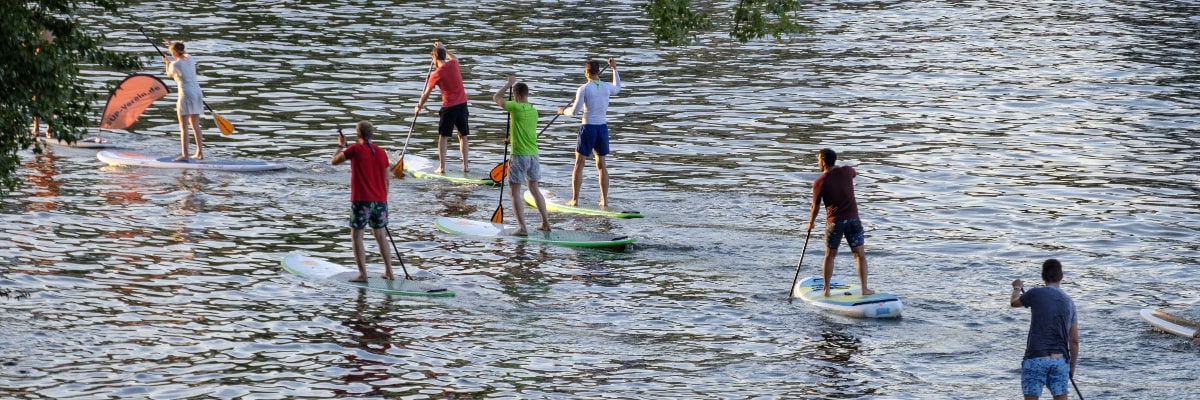
Beginner’s Guide to Stand Up Paddle Boarding (SUP)

17 of the Greatest Achievements in Mountaineering History
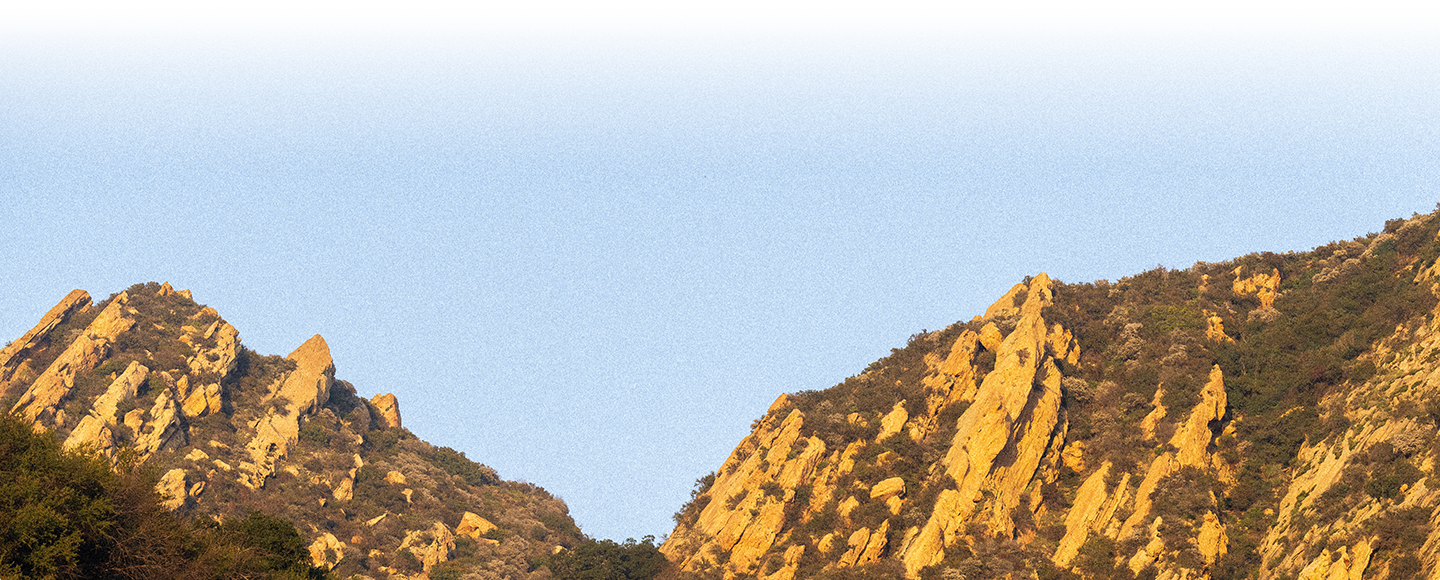
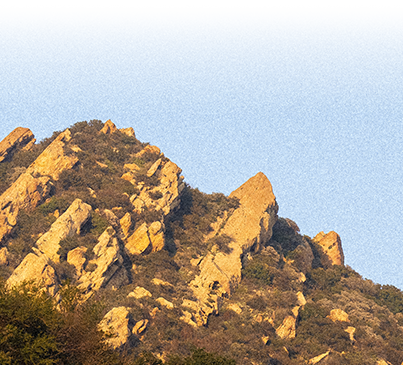
Stay Hungry for Adventure
Sign Up for Delicious Outdoor Meals & Exclusive Offers!
By clicking ‘Join Now’, I agree to the Terms of Service and Privacy Policy.


Join the adventure
©2024 Mountain House — All Rights Reserved.
Your Cart is Empty
Continue ShoppingYour Cart
Subtotal
$0.00
EXPRESS PAYMENT METHODS AVAILABLE IN CHECKOUT
Taxes and Shipping Calculated at Checkout
